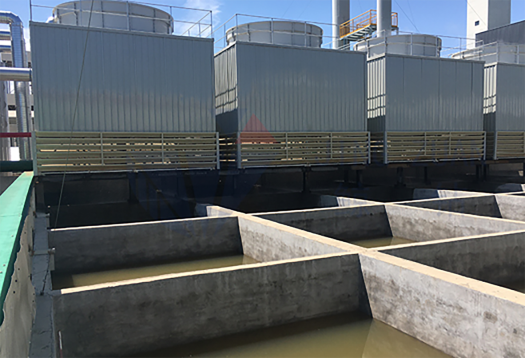
Sep . 08, 2024 23:12 Back to list
mortar bonding agent
Understanding Mortar Bonding Agents The Key to Stronger Build Quality
In the world of construction, ensuring that materials adhere well to each other is crucial for the structural integrity and longevity of a project. One of the most essential components that aid in this endeavor is the mortar bonding agent. This specialized product enhances the performance of mortar, bridging gaps between masonry units and ensuring a robust bond.
What is a Mortar Bonding Agent?
A mortar bonding agent is a liquid or powder additive that improves the adhesion of mortar to various substrates. It is commonly used in masonry, concrete work, and tile applications. The primary purpose of these agents is to create a strong bond between the mortar and the surface it is applied to, preventing issues such as delamination, cracking, and water infiltration.
Types of Mortar Bonding Agents
There are several types of bonding agents available in the market, each designed for specific applications. The most common types include
1. Acrylic-Based Agents These agents create a film on the surface, allowing for excellent adhesion. They are particularly effective on porous substrates and are often used in thin-set mortars.
2. Polymer-Modified Mortars These mortars contain pre-mixed bonding agents and are known for their superior flexibility and strength. They can be used for various applications, including exterior and interior use.
3. SBR (Styrene-Butadiene Rubber) Emulsions These are often employed in situations where increased tensile strength and water resistance are required. They are ideal for overlay applications and can be blended with traditional mortars.
mortar bonding agent

4. Cement-Based Products Some bonding agents come in a cement form, which can be mixed with water or other additives. These types are usually designed for heavy-duty applications where maximum structural integrity is required.
Benefits of Using Mortar Bonding Agents
1. Enhanced Adhesion The primary advantage of using a bonding agent is the significant increase in adhesion it provides. This results in stronger joints, which helps to maintain the overall stability of the construction.
2. Improved Workability Mortar modified with bonding agents often has better workability, allowing masons to apply the mixture more easily and effectively. This can lead to quicker project completion times.
3. Resistance to Water Ingress Many bonding agents improve the water resistance of mortar. This is particularly vital in regions exposed to heavy rainfall or where moisture is a concern.
4. Versatility Mortar bonding agents can be used in a wide variety of applications, ranging from residential building projects to large-scale commercial construction, making them an essential tool for contractors.
Conclusion
Incorporating mortar bonding agents into construction projects can greatly enhance the durability and stability of structures. By ensuring a robust bond between masonry units and plaster applications, bonding agents contribute to the overall longevity of the building. As construction technology continues to advance, the use of these products will likely expand, providing even greater benefits to builders and homeowners alike. Whether you are a seasoned contractor or a DIY enthusiast, understanding and utilizing mortar bonding agents can result in higher quality work and improved construction outcomes.
-
Versatile Hpmc Uses in Different Industries
NewsJun.19,2025
-
Redispersible Powder's Role in Enhancing Durability of Construction Products
NewsJun.19,2025
-
Hydroxyethyl Cellulose Applications Driving Green Industrial Processes
NewsJun.19,2025
-
Exploring Different Redispersible Polymer Powder
NewsJun.19,2025
-
Choosing the Right Mortar Bonding Agent
NewsJun.19,2025
-
Applications and Significance of China Hpmc in Modern Industries
NewsJun.19,2025







